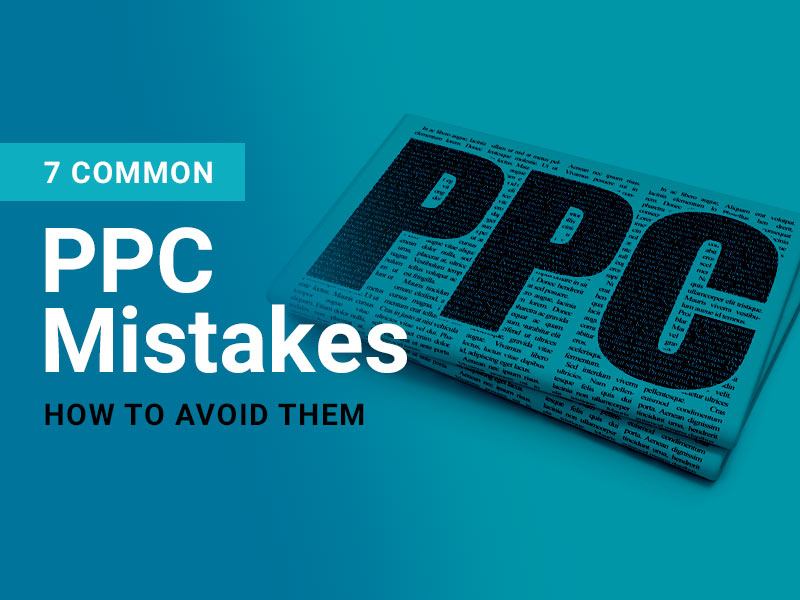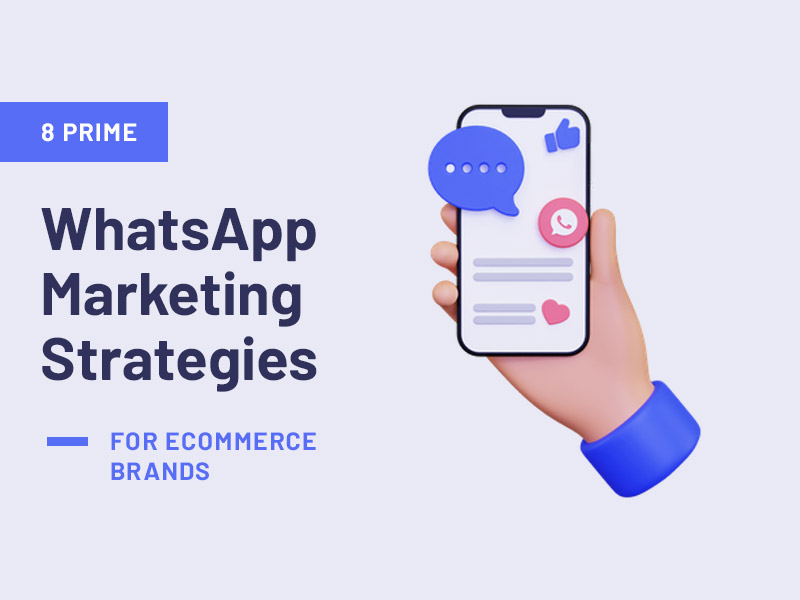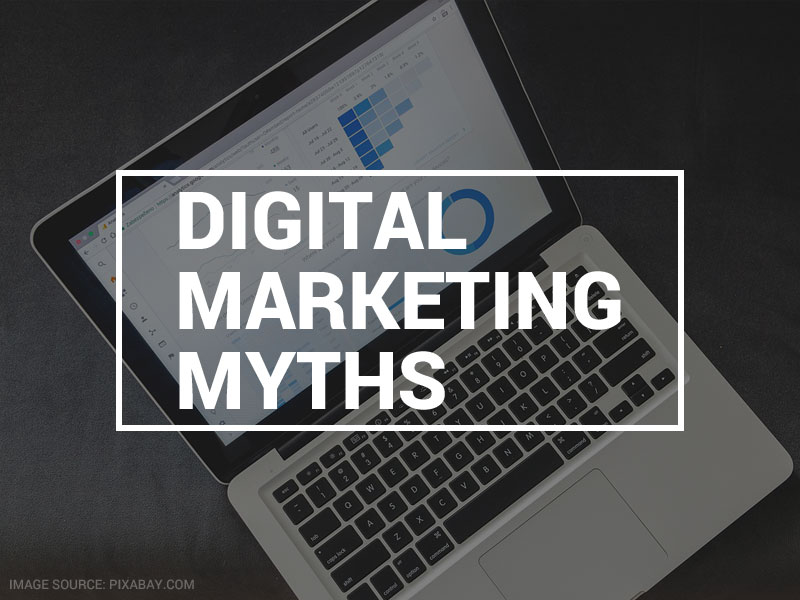Around 85% of internet users rely on search to discover local businesses they want to patronize.
As the internet permeates everyday activities, customers will only rely more on search to look for businesses they want to buy from. That makes pay-per-click (PPC) advertising a mission-critical tool to invest in for more traffic and conversions.
With that said, many businesses now turning to the internet to boost their sales only have a surface-level understanding of PPC ads. Inevitably, they will make mistakes that cost them dearly. To help avoid this, many businesses are hiring experts in PPC Milton Keynes – and in other locations – to ensure their campaigns run smoothly and effectively.
Regardless of what you do, here’s a list of seven common PPC mistakes you can avoid when setting up your campaign to maximize returns.
1. Lack of a Robust Strategy
At the heart of it, any kind of marketing is a tool through which you reach an audience. But, without an exceptional plan, you’ll keep throwing any and everything to the wall hoping that something sticks. And once something seems to work, you won’t have an idea why.
Without a workable strategy, PPC management will only become a nightmare. For example, how will you know what north star metrics to key on if you don’t know what you’re looking for?
Before investing any funds in a campaign, evaluate your business to determine your objectives. Pair a PPC campaign to your goal, learn from it, and then iterate to maximize your outcome.
2. Bland Messaging With No Targeting
Your message is the backbone of your PPC ad. Get it wrong, and you’ll only have dismal results. Even if your keywords are suitable for the ad, a poorly developed message will dilute the ad’s effectiveness.
When crafting ad messaging, you need to leverage emotions for your message to land in your audience’s hearts and minds.
Start by having extensive knowledge of your audience. Learn what their hopes, fears, dreams, and motivations are.
Next, settle on a persona you’ll use to bring the messaging together. Merging the proper emotional connection and persona helps you better identify how to package your messaging.
3. Poor Keyword Match Types Use
You can leverage four types of match types in PPC – broad match, broad match modified, exact match, and phrase match. If you fail to understand how to leverage these match types correctly, you’ll pay a hefty price.
For example, if you sell blue trousers, you’d think it’s an excellent idea to bid on ‘blue trousers.’ However, if you bid on a broad match for ‘blue trousers’ without adding further instructions, you dilute your ad’s effectiveness.
Such an ad will show up for many irrelevant terms that include only ‘blue’ and ‘trousers.’ Not only that, but your ad will also show up for synonyms and similar variants.
Before you know it, your budget shoots through the roof because of the higher search volumes. Yet, you’re not getting attractive conversion rates.
To avoid this error, ensure you figure out the suitable match types to use with every ad.
4. Treating Campaigns as a One-Time Affair
For many brands, PPC ads are a one-and-done affair. Set the ad up and then move on to the next thing. Such advertisers fail to grasp that leveraging the break-time feedback PPC ads give helps optimize the results.
Instead of settling in after you’ve done the hard work of putting a campaign together, select the most vital key performance indicators (KPIs) for your objectives. Monitor these KPIs to discern tweaks you need to make so your campaign can outperform.
When your PPC campaign hits its maturity point, you can then consider scaling it. Doing so will generate more data you’d leverage further to tweak your keyword lists, bidding strategies, etc.
5. Not Bidding on Your Brand Keywords
Just because you own a brand doesn’t necessarily translate to you receiving clicks on the brand keywords. You need to place bids on your brand’s keywords to generate PPC traffic to your site.
When you fail to bid on your brand-specific keywords, you give competitors room to bid on them. Doing so enables them to get some of the clicks and impressions your brand draws in for themselves.
Once this happens, users who search your brand will see your competitor’s names showing up in the top results instead.
Furthermore, it pays for your brand to own the organic and PPC results for your brand-specific keywords. And that only happens when you bid on brand keywords.
6. Using a Phone Number
Using a phone number as part of your PPC campaign strategy might seem wise. Although an ad with a phone number looks nice, that’s about all that it’s good for.
The reality is that odds are very low that a prospect that lands on your ad will dial the number. In effect, all you do when you incorporate a phone number in your PPC ad is to take up valuable real estate.
In place of a phone number, you can let more ad copy better utilize that real estate. If you must use a phone number, deploy click-to-call using a call extension on a connected number.
That way, any prospect can easily click on the extension to dial your number.
7. Ignoring Negative Keywords
While you know which keyword matches you want to bid on for your PPC ad, it’s prudent to know which terms you don’t want your ad to show up for. Negative keywords help you instruct the search engine when not to rank your PPC ad.
For example, an advertiser selling luxury watches can use ‘wristwatch’ as a keyword. Using negative keywords, the advertiser can avoid appearing in irrelevant searches such as, ‘What to do with old watches.
Develop a master list of your negative keywords and apply it to each PPC ad campaign. Regularly studying search queries can help you identify negative keywords that help optimize your ad spend.
Avoid Common PPC Mistakes That’ll Sink Your Ship
Paid online traffic can help you generate traffic and act as a launching pad to build your digital campaign strategy. To get the most out of PPC ads, take the time to identify common PPC mistakes that sink campaigns, which you need to avoid if you’re to deliver the most bang for your buck.
Thriving in the digital economy is never easy. Our website features valuable resources, tips, and tricks to help you better compete in the digital space. Check out more of our content to discover how you can achieve more remarkable results with digital marketing.







